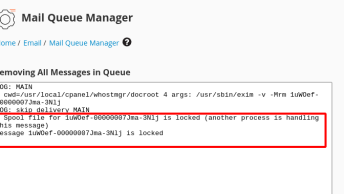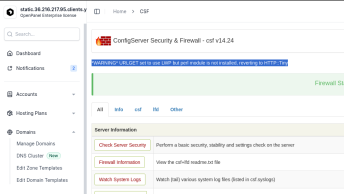Copies files from one computer to another computer.
Syntax
rcp [-p] [-r] filename … directory| -p | Attempt to give each copy the same modification times, access times, modes, and ACLs if applicable as the original file. |
| -r | Copy each subtree rooted at filename; in this case the destination must be a directory. |
| filename | Name of the file |
| directory | Name of the directory |
Examples
rcp /mydirectory/myfile hope:otherdir/myfileThis command would copy the file myfile from mydirectory directory into the hope user account directory of otherdir as the name of the file myfile.
rcp is meant to copy between different hosts; attempting to rcp a file onto itself, as with:
rcp tmp/file myhost:/tmp/file
results in a severely corrupted file.
rcp may not correctly fail when the target of a copy is a file instead of a directory.
rcp can become confused by output generated by commands in a $HOME/.profile on the remote host.
rcp requires that the source host have permission to execute commands on the remote host when doing third-party copies.
rcp does not properly handle symbolic links. Use tar or cpio piped to rsh to obtain remote copies of directories containing symbolic links or named pipes.
If you forget to quote metacharacters intended for the remote host, you will get an incomprehensible error message.
rcp will fail if you copy ACLs to a file system that does not support ACLs.
Note: RCP is not a secure or encrypted method of transferring files.



